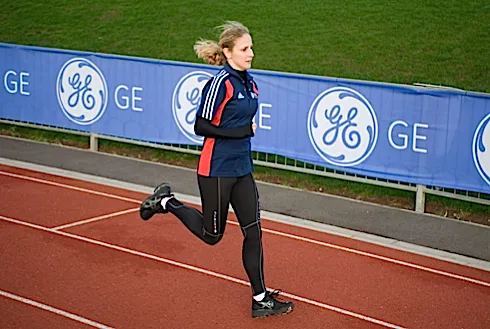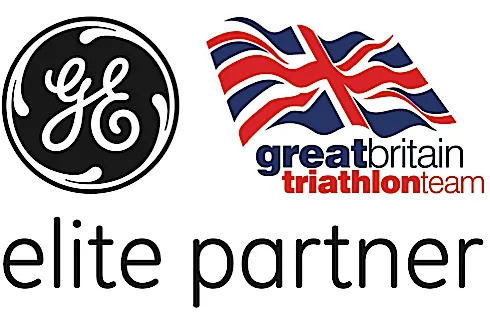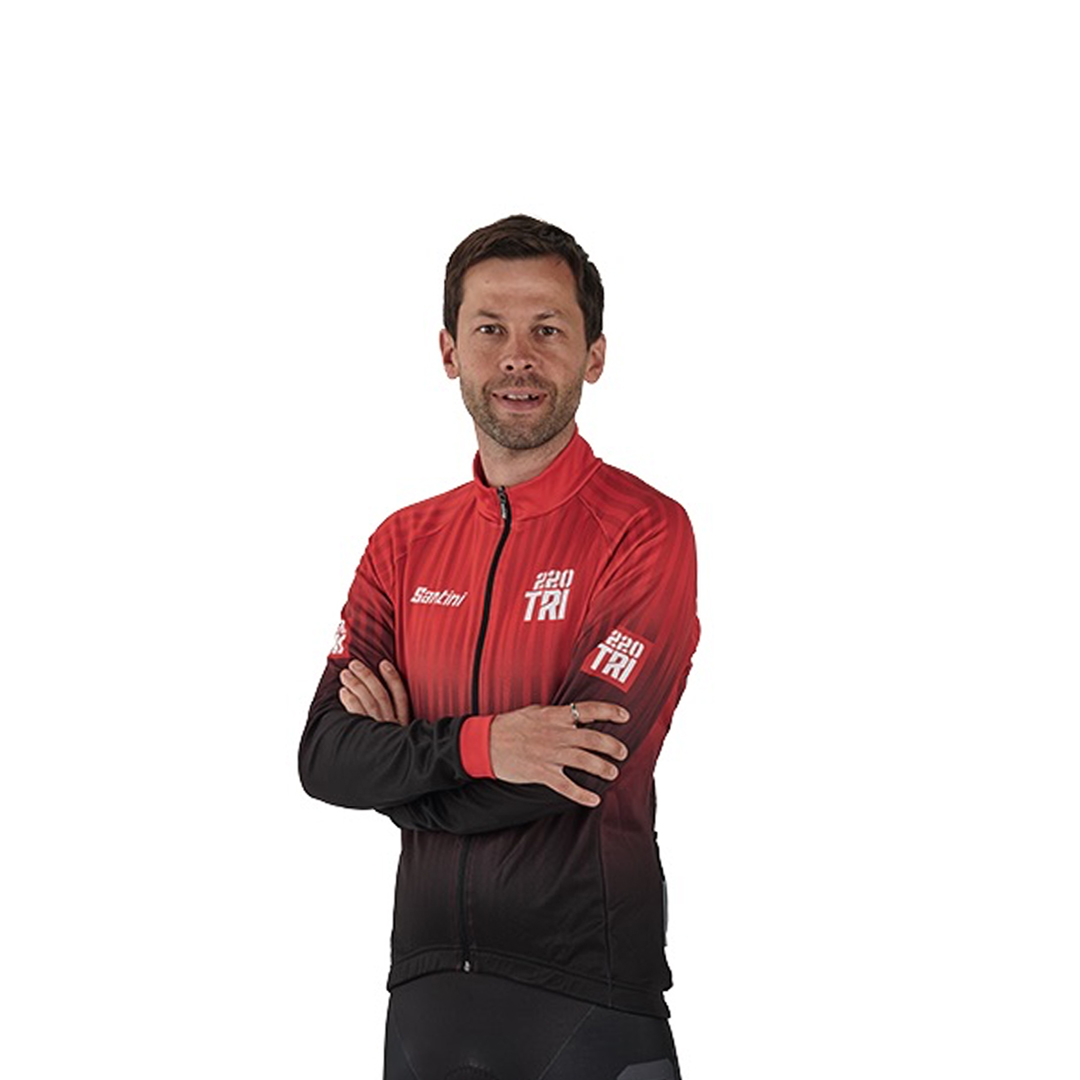In the second part of our mini-series based around the GE BTF Paratriathlon Talent ID program, we profile the paratriathletes who are already bringing Britain international success.
Name: Jane Egan
Age: 41
Lives: Kilbarchan, Scotland
Classification: Tri 1
Since taking up triathlon in 2009, Jane Egan, pictured above, has established herself as one of the strongest female athletes in the sport.
“Competitiveness is part of my personality.” Egan said at the GE BTF Paratriathlon Talent ID day in Loughborough.
“It is not a trait necessarily accepted in the workplace, so I’d always suppressed it. But now it’s exactly what I need. It’s been nice to switch it back on!”
Classified as a T1 paratriathlete, Egan is current World and European Champion. At 41, she admits that a medal in 2016 may be difficult, but her knowledge of a sport still in its infancy will prove invaluable to those hoping to be involved in Rio.
“There’s a huge amount of national focus on London 2012 – and rightly so – but we’re working away in the background on the longer term strategy. Paratriathlon is still a very new sport, and we feel like we are the trailblazers. We have to be role models for young athletes and be here to help them.
“The fact that Paralympic tickets for next year sold out was extremely encouraging, and showed that people are genuinely interested in Paralympic sport in this country. There is now the recognition that these are professional sportspeople first, and have a disability second.
“Talent ID days are extremely important for us as a sport to identify the next generation of elite athletes. It’s a very exciting time for paratriathlon.”

Name: Clare Cunningham
Age: 34
Lives: St Albans, Herts.
Classification: Tri 4
Clare Cunningham, above, took up paratriathlon in 2009 and in her first year was crowned ITU World Champion.
Cunningham, who works as a forensic accountant in the City, enjoyed elite swimming success from an early age. She won gold at the 1992 Paralympic Games in Barcelona at just 15 years old, but retired from the sport after Atlanta.
“Being given Paralympic status for 2016 is a turning point for the sport” said Cunningham. “We’ll improve as athletes due to the extra funding, and it will help raise the profile of the sport – just as Sydney increased triathlon participation across the world.
“You always want more athletes to compete against. If you’re at a World Championships it’s important that the winner wins because they are the best, rather than because of a limited field.
“With paratri being a young sport, the fields are still increasing. We’re in a great starting position and now have five years in which to build the talent pool in the UK with a view to success in Rio.
“After London I think there will be a huge increase in disability sport in this country. Having a home Games will give people the opportunity to see everything live, which will hopefully inspire more athletes to take part. That is extremely important for the development of the sport.”
Paratriathlon: Classifications
Physically Challenged Competition Categories shall be established based on physical disabilities. Medical evidence shall be required as to disability and classification.
The six categories are as follows:
TRI 1 - Handcycle: Paraplegic, Quadriplegic, Polio, Double Leg Amputee. Must use handcycle on bike course and racing wheelchair on run.
TRI 2 - Severe leg impairment including above knee amputees. Athlete must ride bicycle and run with above knee prosthesis (or similar prosthesis) or run using crutches.
TRI 3 - Les Autre: This category includes athletes with Multiple Sclerosis, Muscular Dystrophy, Cerebral Palsy, double leg amputee runners or paralysis in multiple limbs. Athlete will ride a bicycle and run. Athlete may use braces or prosthesis if required.
TRI 4 - Arm impairment including paralysis, above-elbow amputees and below-elbow amputees, or impairment in both upper limbs. Athlete may use prosthesis, brace or sling on the bike and/or run.
TRI 5 - Moderate leg impairment including below-knee amputees. Athlete rides bicycle and runs with prosthesis.
TRI 6 - Visual Impairment, legally Blind (20/200 vision with best corrective vision). A handler of the same sex is mandatory throughout the race. Athlete is tethered during the swim and run. Athlete uses a tandem bicycle.
Source: http://www.triathlon.org/paratriathlon/categories/
For more information about how to get involved in paratriathlon, contact jonathonriall@britishtriathlon.org.
GE is a proud partner of the London 2012 Olympic and Paralympic Games, and the Elite Partner of the GE GB Triathlon & Paratriathlon teams – providing support and expertise for the athletes as they prepare and compete at the highest levels. See more at www.facebook.com/GEtriathlon

